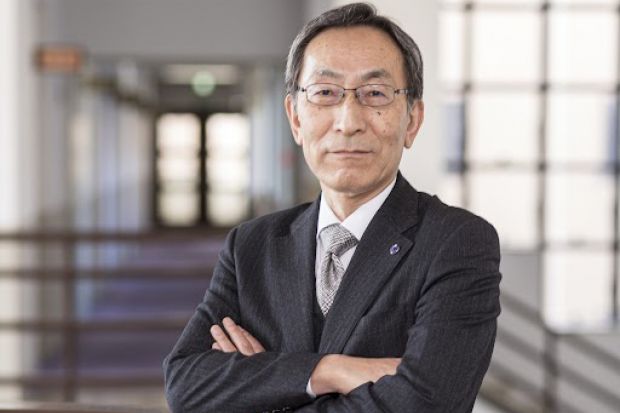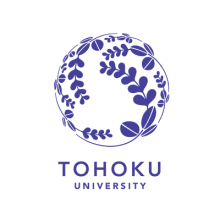The president of Tohoku University, the only current finalist vying for funding under Japan’s high-stakes excellence initiative, has called for a balanced approach as it seeks to clear the final hurdle towards approval.
This September, a panel selected Tohoku alone from nearly a dozen institutions initially shortlisted for the scheme, which is supported by a ¥10 trillion (£64 billion) endowment fund created by the government and awarded on a competitive basis. If successful, Tohoku should receive about ¥10 billion in the first year, with future subsidies calculated annually.
The university’s president, Hideo Ohno, told Times Higher Education that the stakes were high, with universities taking part in the initiative feeling the pressure to deliver results far ahead of its end date in 25 years.
“We have to start things very quickly, because the amount of funding…is not small at all, and people do expect an outcome,” he said.
Failure to bring desired results – even for a good reason – would cause upset, he cautioned. “If we cannot deliver…they’ll say, I’m very sure, that this new challenge of reforming Japanese research universities is a failure.”
At the same time, though, he said, he was wary of acting too hastily. After all, Tohoku is not “building a university from scratch”, but rather “transforming” a highly reputable institution with a 160-year history – a delicate process requiring careful consideration.
“I think it’s very reasonable to take some time to make sure things go well and be clever in using the additional funding we get,” he said.
In its proposal, Tohoku proposes to radically restructure its organisational hierarchy among researchers, moving away from the traditional, highly structured koza system in which junior researchers are in effect assistants to full professors.
Instead, the university wants its junior scholars to become principal investigators on ambitious research projects. To free up their time, it aims to create hundreds more support roles at the university, including mental health services to better serve students – a responsibility that now often falls almost entirely on supervisors.
“I used to be a faculty member too, and faculty do many things that don’t have to be done by researchers,” said Professor Ohno, who said he felt it was “extremely important to liberate them from this burden”.
While one might expect pushback from senior faculty, according to Professor Ohno, they had largely been supportive of the idea. If anything, he said, Tohoku’s younger researchers were more sceptical, seeking reassurance that the new system would not just add work on top of their existing responsibilities.
He conceded that this was “a very reasonable reaction” – and a concern that he and his team were tackling.
While the timeline for amendments to Tohoku’s proposal was not yet clear, said Professor Ohno, he said he expected the university to get a final accreditation by autumn 2024. Currently, the university is in discussions with the panel over several aspects of its plan, including potentially reducing its target of growing its funding, currently at ¥8.6 billion, tenfold over the scheme’s 25-year duration, and adopting a more conservative figure.
Although some academics have criticised the strings-attached nature of the initiative, Professor Ohno seemed unfazed. Significantly, universities taking part must show 3 per cent growth in the value of their research activities over five years – something he said his university was already doing.
“Growing is different from accumulating profit. It’s basically how much we spend, and we are a public entity, so what we spend means we’re spending for society,” he said.
“It’s very natural for people to expect that we can do more for society…I think the research universities here are capable of doing such things.”
Register to continue
Why register?
- Registration is free and only takes a moment
- Once registered, you can read 3 articles a month
- Sign up for our newsletter
Subscribe
Or subscribe for unlimited access to:
- Unlimited access to news, views, insights & reviews
- Digital editions
- Digital access to THE’s university and college rankings analysis
Already registered or a current subscriber? Login










